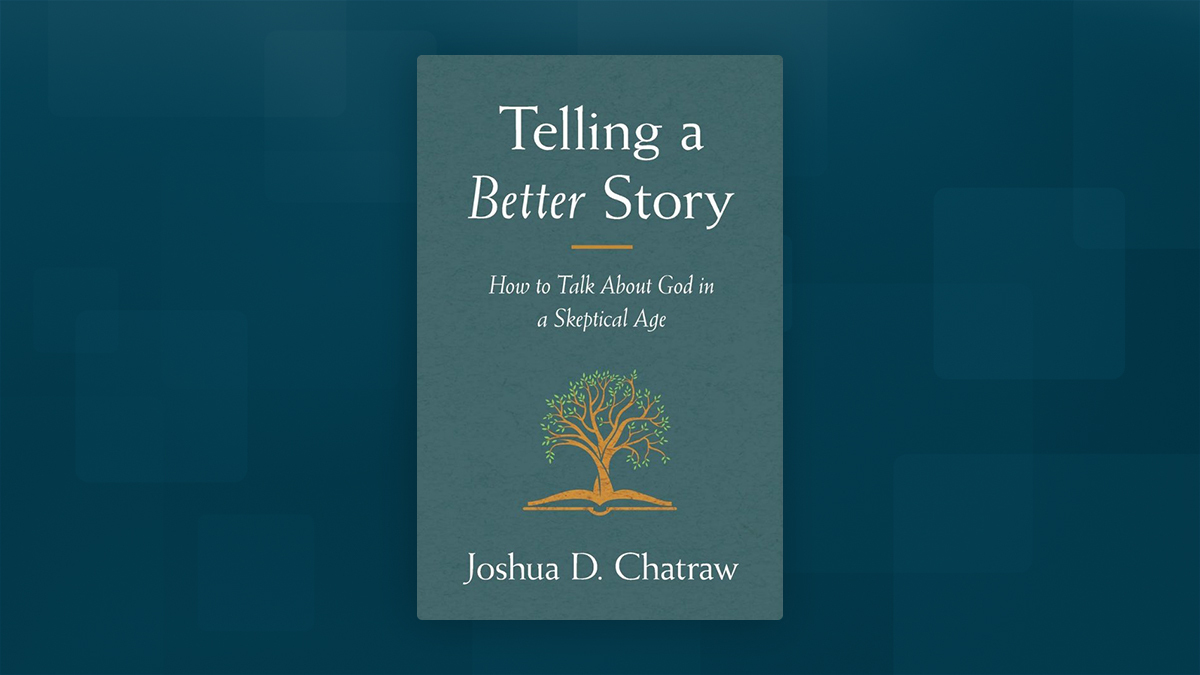
Telling a Better Story | Scott’s Book Recommendations
Today I’m recommending the book Telling a Better Story: How to Talk About God in a Skeptical Age, by Joshua Chatraw.
When I was young and learning to defend my faith, most skeptical objections focused on whether Christianity was true. I had to learn how to respond to challenges regarding evidence for God, the reliability of the Bible, or proof of Jesus’ resurrection.
In more recent years, however, a shift has taken place. Today, skeptical objections against Christianity are often less about whether Christianity is true, and more about whether Christianity is good.
In Telling a Better Story, Joshua Chatraw identifies the underlying cause of this shift and the challenge that it brings for Christians who want to share Jesus with the world:
“[Today] the cultural narratives that seep into our psyches have changed, and with this shift what people view as ‘common sense’ has changed as well. The basic categories assumed in the Christian story are no longer taken for granted. And in many cases, the gospel story is presumed to not only be false, but an oppressive leftover from the past.”
Joshua Chatraw, Telling a Better Story (pg. 1)
The solution Chatraw offers is summed up in the book’s title. As people try writing their own life stories according to the cultural narratives of secularism, individualism, socialism, or any other kind of ‘ism’, we need to bear witness to the gospel of Jesus by presenting it as a truly better story.
Certainly, we can do this by making sure we know the story of the gospel of Jesus, but also by learning to listen to the people around us, in order to understand the stories they’re living by and trying to answer life’s most important questions with — questions about meaning, and identity, and happiness, and truth.
By doing so, Chatraw shows how understanding a person’s story allows us to ask penetrating questions that will help them evaluate the truthfulness and goodness of their own stories. As Jesus so often did, by helping someone question their own assumptions, we’re then able to introduce the true story of the gospel as a truly better story.
Witnessing for Jesus today can be challenging and complex. Seldom can we change a person’s entire outlook on life in a single moment, but, in Telling a Better Story, we get a great resource on how to foster relationships and conversations over time in order to present the gospel of Jesus as truly good news.